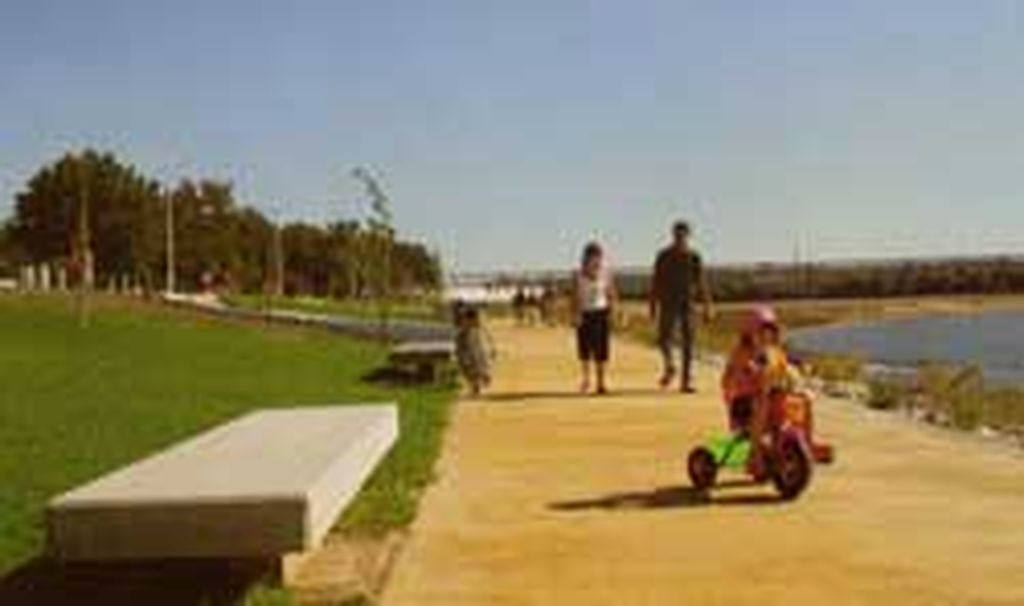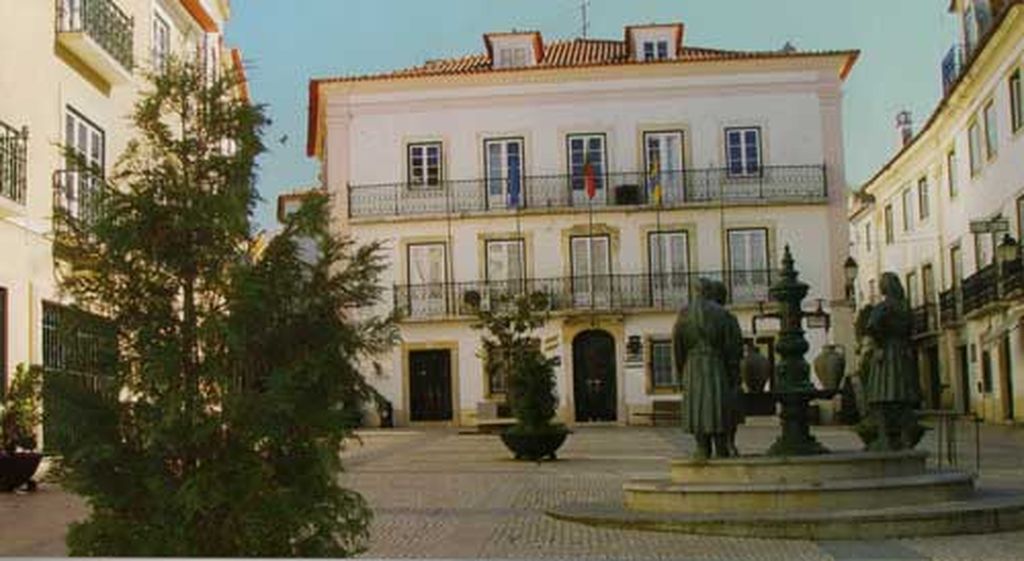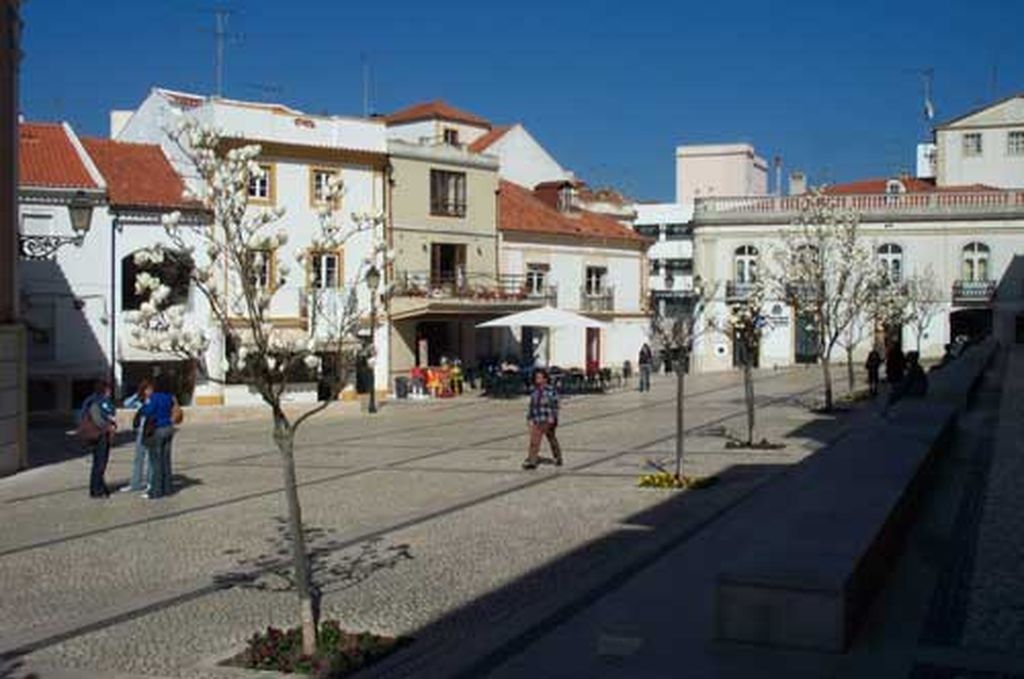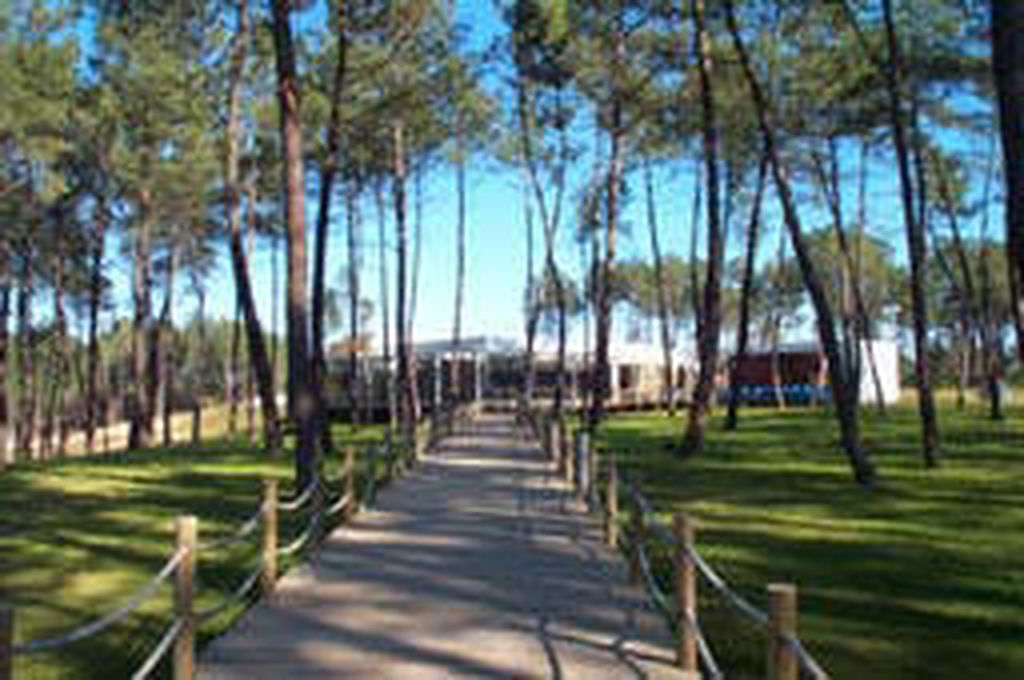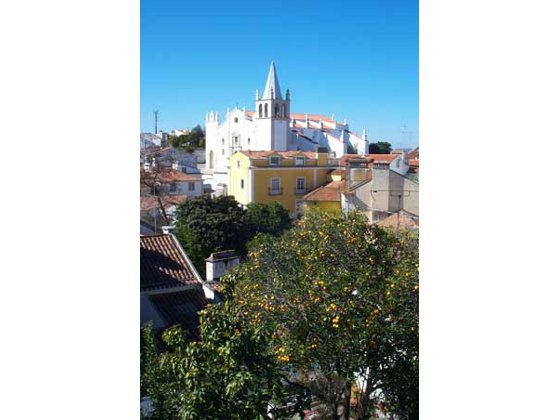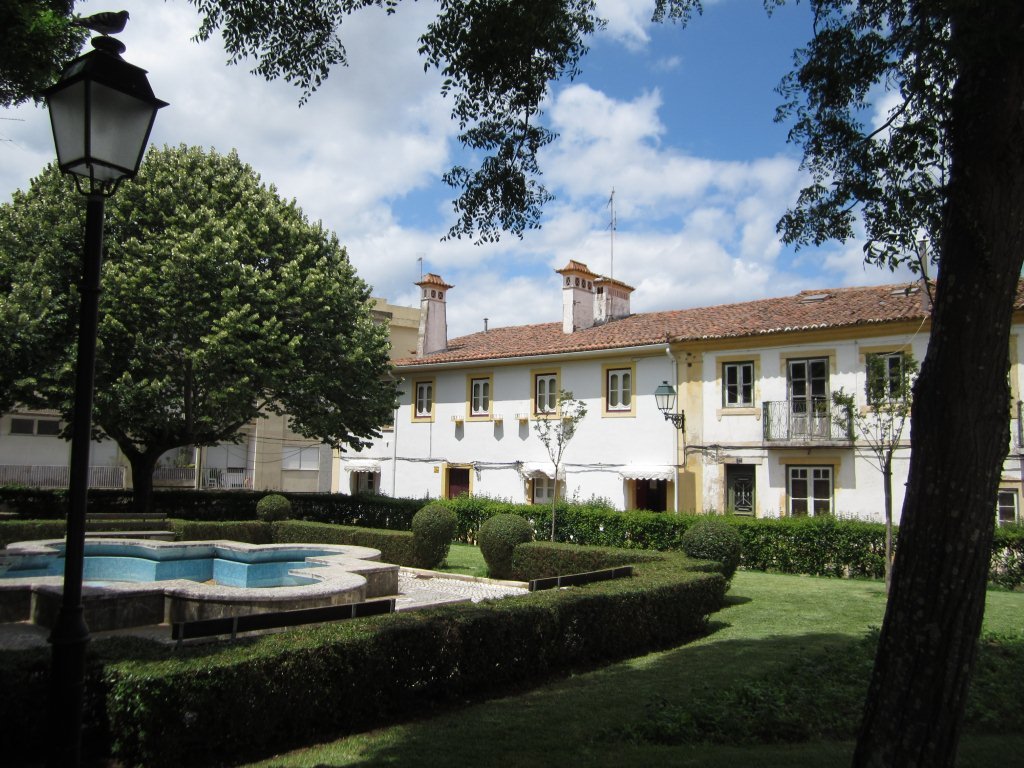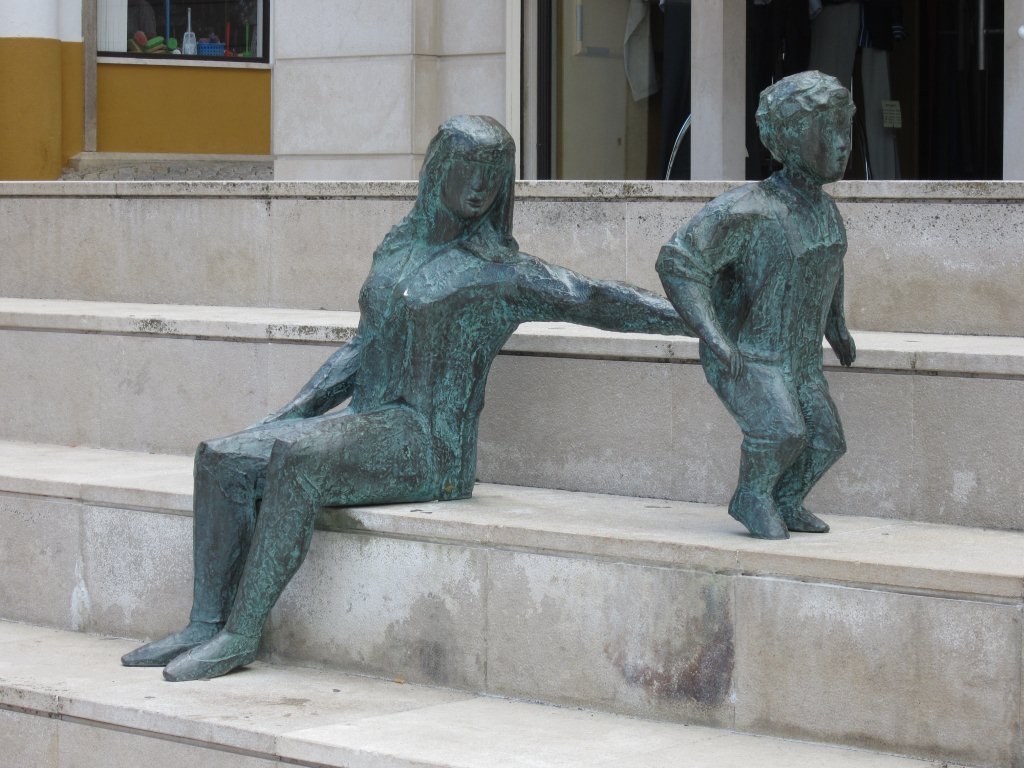The origins of Abrantes are evident from its strategic position where the Ribatejo, Alto Alentejo and Beira Baixa regions cross and blend with each other.
Abrantes is easily accessed off the A23 east to west dual carriageway and is situated on the north banks of the River Tagus (Tejo), approximately one and a quarter hours' from Portugal's capital, Lisbon.
The city was founded in the 12th century to help defend conquered territories. The castle, perched atop the hill upon which the city hangs above the River Tagus, provides a remarkable 360 degree panoramic view of the surrounding countryside.
Abrantes was awarded city status in 1916 and has flourished since then. The historic part of the city is a maze of sloping narrow, cobbled streets lined with crumbling houses and sun-drenched squares. Meanwhile the modern day city is a sprawling metropolis of apartment buildings, though these do not detract from the heart of the small city.
The population of Abrantes is swelling each year by a student populous that attend the University located within the heart of the old town. The university Leisure facilities in and around the city are numerous. As well as a sports stadium the city has indoor and outdoor municipal pools, parks and a river beach, which is currently being upgraded to incorporate water sports.
São Lorenco Park, on the edge of the city, is a tranquil zone with activities for children. Abrantes is also famous for gastronomic delights in the form of egg based cakes called Tigeladas.
